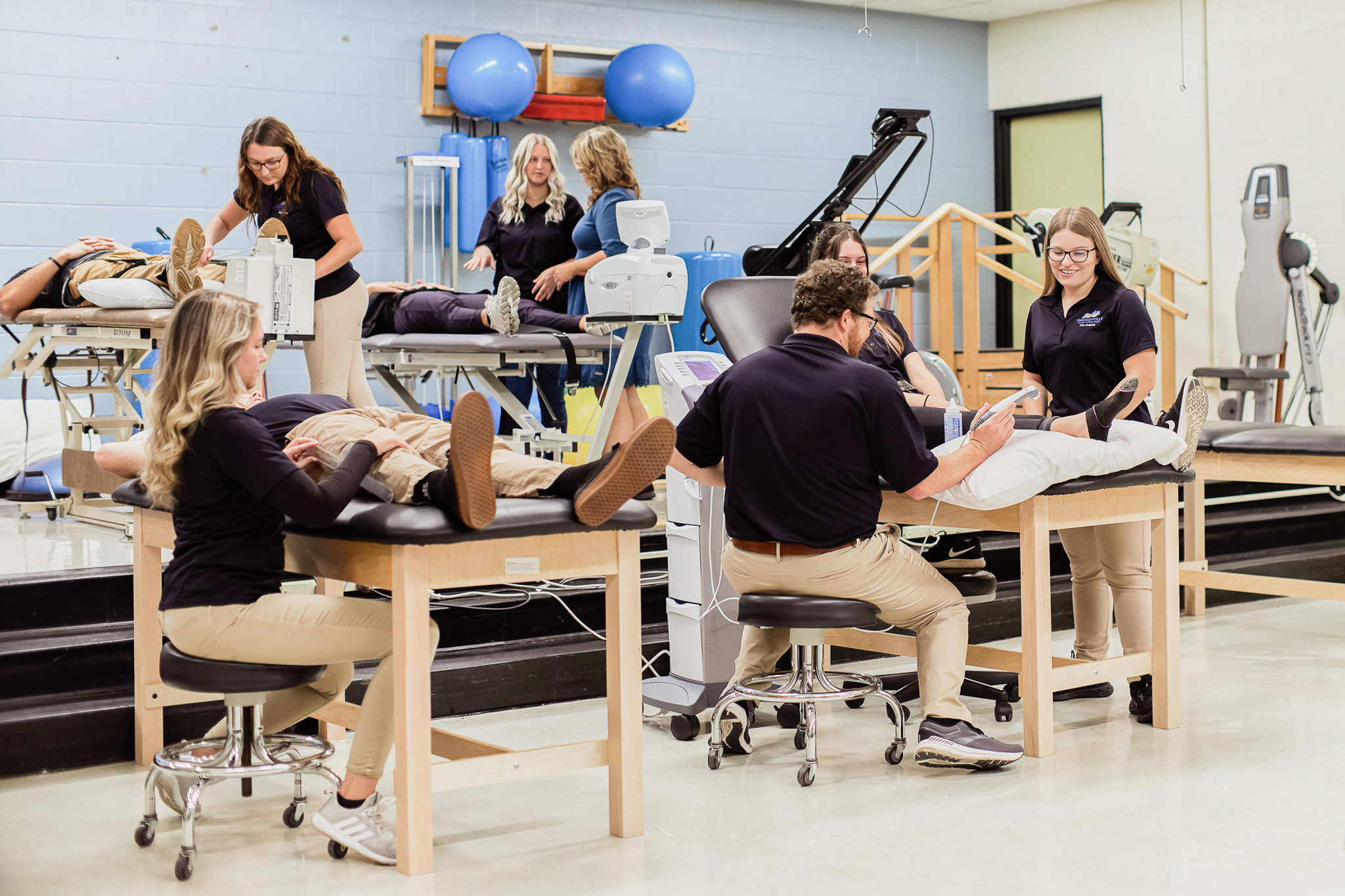Enabling Patients Via Psychosocial Assistance in Pulmonary Recovery Initiatives.
Wiki Article
Cardio-pulmonary rehabilitation initiatives are designed to help patients with cardiac and pulmonary issues enhance their well-being and quality of life. These initiatives commonly consist of physical activity, education about cardiac and pulmonary well-being, and assistance for making lifestyle changes. However, one crucial element that is sometimes overlooked is the importance of psychosocial assistance. Psychosocial support refers to the emotional and social assistance that patients receive during their rehabilitation journey. This assistance can strengthen individuals, boost their confidence, and help them manage the obstacles that arise with chronic health issues.

Patients in cardiopulmonary rehab frequently face various emotional and psychological challenges. Feelings of nervousness, sadness, and isolation can be common. These emotions may stem from the stress of dealing with a serious medical condition or the fear of upcoming medical issues. Psychosocial support can aid address these feelings by offering individuals with a safe space to talk about their worries and connect with others who understand what they are experiencing through. Collective therapy sessions and one-on-one therapy can be beneficial ways to promote this support. By engaging with experts and others, individuals can learn adaptation techniques and discover support from peers who have similar experiences.
Integrating psychosocial support into cardiac and pulmonary rehab initiatives can lead to improved health results for patients. Research show that when patients receive psychosocial assistance, they are more likely to adhere to their rehabilitation plans, adhere to medication, and implement necessary lifestyle choices changes. This involvement can lead to improved physical health, lessened hospitalizations, and an entire better standard of living. Support groups can foster inspiration and accountability, assisting patients remain dedicated to their rehabilitation objectives. This collaborative approach emphasizes the importance of addressing both physical and emotional health in the recovery process.
Teachers and healthcare professionals play a crucial role in providing psychosocial support within these initiatives. They can assist individuals comprehend the significance of emotional well-being in their rehabilitation process. By establishing an atmosphere of compassion and understanding, healthcare professionals can encourage open communication useful site about feelings and concerns. Training staff in interpersonal skills and psychosocial support techniques can improve the overall patient experience. Moreover, incorporating education about stress reduction, calming methods, and positive adaptation strategies can empower patients to take an active part in their mental well-being.
To summarize, strengthening individuals through emotional assistance in cardiopulmonary rehabilitation programs is crucial for promoting comprehensive rehabilitation. By acknowledging the psychological and community aspects of healing, healthcare providers can establish a more nurturing atmosphere that addresses the needs of the whole individual. Individuals who receive this comprehensive treatment are more likely to attain their well-being objectives and enhance their total quality of life. check out the post right here The integration of emotional assistance into recovery programs not only improves the individual journey but also leads to improved sustained medical results.